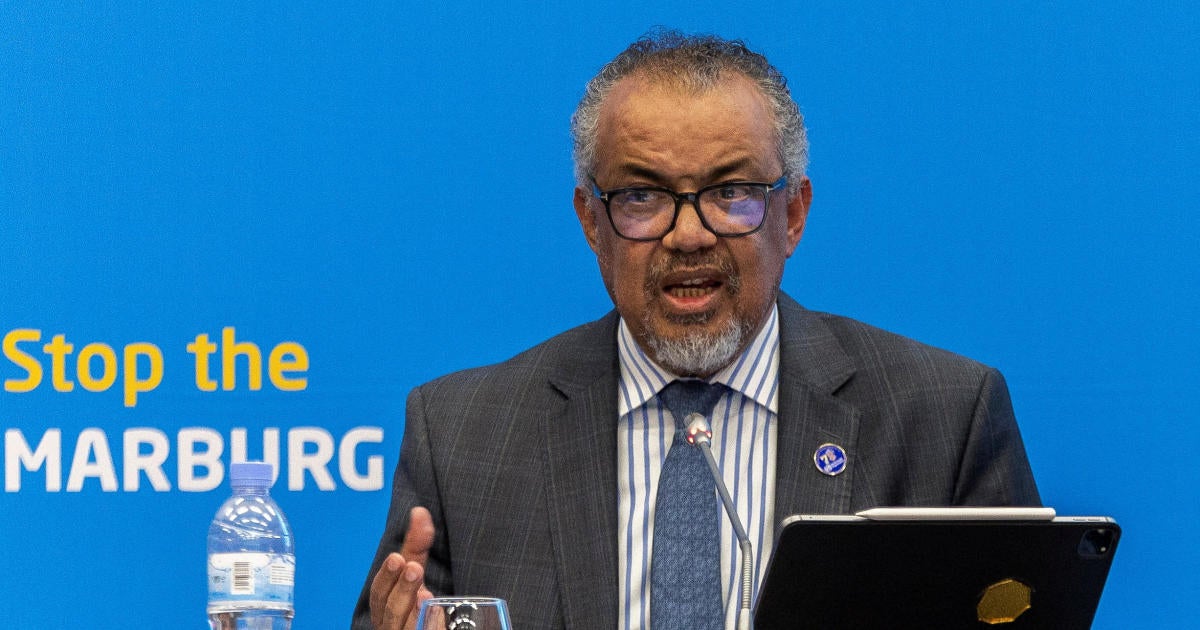WHO Faces Funding Cuts: Understanding the Impacts of Trump’s Withdrawal on Global Health Initiatives
The World Health Organization (WHO) has long been a cornerstone of global health initiatives, playing a pivotal role in combating diseases and promoting health around the world. However, the organization now faces significant challenges as it grapples with funding cuts, particularly following the withdrawal of financial support from the Trump administration. This article delves into the implications of this withdrawal, examining how it affects global health efforts and the future of international cooperation in health-related initiatives.
The Context of Withdrawal
In 2020, amidst the COVID-19 pandemic, the Trump administration announced its decision to suspend funding to the WHO, citing concerns over the organization’s handling of the pandemic and its alleged bias towards China. This decision was met with widespread criticism from public health experts, world leaders, and even within the United States. The funding cuts were not just a financial blow; they signaled a broader retreat from multilateral cooperation that has characterized global health efforts for decades.
The WHO relies heavily on contributions from member states to fund its programs. In 2019, the United States was the largest single contributor, providing approximately $400 million—a significant portion of the WHO’s budget. The sudden withdrawal of this funding has forced the organization to scale back on hiring, travel, and various health initiatives, raising alarms about the potential fallout.
Impacts on Global Health Initiatives
The consequences of the WHO’s funding cuts are multifaceted and far-reaching. Below are some of the most significant impacts:
- Reduced Capacity for Responding to Health Crises: The WHO plays a critical role in coordinating responses to health emergencies, such as pandemics and disease outbreaks. With fewer resources at its disposal, the organization may struggle to respond effectively to future crises, which could lead to higher rates of illness and death globally.
- Disruption of Ongoing Health Programs: Many WHO initiatives focus on eradicating diseases such as malaria, tuberculosis, and HIV/AIDS. Funding cuts jeopardize these programs, potentially reversing years of progress and putting millions at risk.
- Impact on Vaccine Distribution: The WHO has been instrumental in the global distribution of vaccines, including those for COVID-19. A reduction in funding could hinder efforts to ensure equitable access to vaccines, particularly in low- and middle-income countries where healthcare resources are already scarce.
- Weakened Global Health Governance: The WHO’s role extends beyond direct health interventions; it also sets global health standards and guidelines. A weakened WHO could result in less effective governance of health policies, allowing for inconsistencies and disparities in health practices worldwide.
Future of International Cooperation in Health
The withdrawal of support from the Trump administration raises critical questions about the future of international cooperation in health. The WHO’s ability to function effectively depends on the commitment of its member states to collaborate and share resources. With the U.S. stepping back, other nations may also reconsider their contributions, leading to a potential domino effect.
However, the landscape of global health is not entirely bleak. The COVID-19 pandemic has illustrated the importance of international collaboration in addressing health crises. Following the U.S. withdrawal, other countries have reaffirmed their commitment to the WHO and increased their funding. For example, nations such as Germany and the European Union have stepped up to fill the funding gap, highlighting a collective recognition of the necessity of a strong WHO.
Potential Solutions and Path Forward
Despite the challenges posed by the funding cuts, there are several pathways forward that could strengthen the WHO and enhance global health initiatives:
- Reinforcing Multilateral Agreements: Countries must recognize that health issues transcend borders. Strengthening multilateral agreements around health can foster cooperation and ensure that organizations like the WHO have the resources they need.
- Innovative Funding Mechanisms: Exploring new funding mechanisms, such as public-private partnerships, could diversify the financial support for global health initiatives. Engaging the private sector might provide additional resources and innovative solutions for health challenges.
- Advocacy and Awareness: Raising awareness of the importance of the WHO and its work can galvanize public support for funding. Advocacy efforts should focus on educating citizens and policymakers about the critical role the organization plays in safeguarding global health.
Conclusion
The WHO’s funding cuts resulting from the Trump administration’s withdrawal have profound implications for global health initiatives. While there are significant challenges ahead, the resilience of the global health community and the commitment of various nations to support the WHO provide a glimmer of hope. By reinforcing international cooperation, exploring innovative funding solutions, and advocating for the importance of global health governance, it is possible to navigate this difficult period and emerge with a stronger, more effective WHO. The world must come together to ensure that the lessons learned during the pandemic lead to a more unified and prepared approach to future health challenges.
As we look to the future, it is imperative to remember that global health is a shared responsibility. The actions taken today will resonate far into the future, shaping the health landscape for generations to come.
See more WebMD Network



